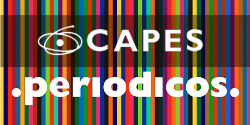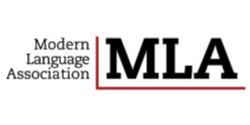O espelho de príncipe pelo vulgacho: de Maquiavel para Lope de Vega
Resumo
Observamos que o conjunto de comédias da primeira edição de fólio com doze peças de Lope de Vega, organizada e nomeada por ele como Novena Parte, impressa em 1617, liga-se à mesma função formativa dos espelhos de príncipe. Embora acionando gêneros diferentes, percebemos que Maquiavel e Lope possuem preocupações semelhantes quanto à educação de um jovem príncipe. Maquiavel escreve um espelho de príncipe em prosa didática, enquanto Lope escreve comédia em versos dramáticos. Escolhemos três comédias da Novena Parte que tratam de instruir o Rei e a Rainha para as matérias de estado. São elas: El Animal de Ungria, Del Mal lo Menos e La Hermosa Alfreda. Pretendemos oferecer uma relação entre as instruções presentes nestas comédias com as instruções do Príncipe. Podemos dizer que ambos, Maquiavel e Lope, abordam erros da mais alta autoridade estamental que estavam ligados à falta de experiência e conhecimento prático. Tendo como referência os modelos clássicos, Lope trabalha com a recorrência de caracteres, enquanto Maquiavel usa exemplos históricos para os seus conselhos.







